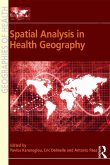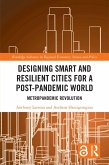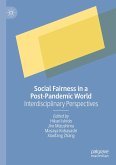Based on two-years of extensive research in Nova Scotia, Canada, New Zealand, and Australia (jurisdictions that attempted to achieve Zero COVID) the book carefully outlines how with each wave of the pandemic a new group was blamed for it. When public measures were enforced, often anger was turned to groups who were assumed to have brought the virus into the country (or province). The nature of anger, and the nature of stigma evolved through the pandemic, but the impacts remain. In particular, the pandemic allowed jurisdictions to designate rights, and freedoms for people from certain places, while heavily penalizing others from away.
The book argues that COVID-19 was born through globalization but the global response to it was fractured and divisive based on national and territorial identities as is reflected through targeted stigma. If another pandemic is to emerge, the book argues that a commitment to non-stigmatizing methods is needed in order to ensure compassion, dignity and respect, which are the ultimate goals of global health.
Dieser Download kann aus rechtlichen Gründen nur mit Rechnungsadresse in A, B, BG, CY, CZ, D, DK, EW, E, FIN, F, GR, HR, H, IRL, I, LT, L, LR, M, NL, PL, P, R, S, SLO, SK ausgeliefert werden.









